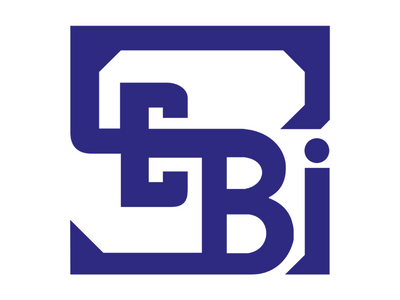Listen to this article
SEBI has proposed a host of changes to the existing TER structure that may improve the performance of MF schemes. Let us look at three key changes that may have direct impact on performance and translate to the returns of mutual fund schemes:
Inclusion of brokerage expenses, GST on management fees and STT within TER
SEBI has proposed inclusion brokerage and transaction cost of 0.12% of the trade value in cash market and 0.05% of the trade value in derivative transactions in the overall TER.
SEBI data shows that AMCs spent close to Rs.3500 crore towards brokerage in FY 2021-22. This also means the MF industry spent close to 20 bps of the total equity assets of Rs.19 lakh crore as on March 2022.
Many fund houses executed these transactions through their brokerage arms; for instance: XYZ Mutual Fund will have XYZ Securities as his biggest brokers. With the proposed regulation, this amount will now be added to the scheme returns.
Another important cost i.e. GST on investment and management fee will be added to TER. “While it is agreed that GST is a statutory indirect tax which is not under the control of the AMCs, considering the overall intent of increasing transparency in expenses charged to unitholders by making TER inclusive of all charges, it is proposed that TER may be inclusive of GST on investment and advisory fees also.”
SEBI said that while this would have a significant impact on the utilization of the TER, a suitable adjustment in the maximum TER needs to be made.
Finally, STT will also be under purview of TER. Currently, the government levies a new stamp duty of 0.0001% on transfer and re-issue of equity and equity related instruments. For debt instruments, the government levies stamp duty tax of 0.015% on delivery transactions and 0.003% on intraday and option transactions.
All these costs and taxes will be part of TER and will improve overall fund returns.
New TER slabs
So far, AMCs charge TER on scheme size However, SEBI has proposed shifting from scheme size-based regime to fund house size-based regime. This way, a small fund house can charge higher TER compared to mid and large sized fund houses.
Here is the revised TER structure:
|
For equity schemes - Active funds |
||
|
AMC Aum |
Regular plan TER |
Weighted average TER |
|
Up to Rs.2500 crore |
2.55 |
2.55 |
|
More than Rs.2500-Rs.5000 crore |
2.45 |
2.5 |
|
More than Rs.5000-Rs.10000 crore |
2.3 |
2.4 |
|
More than Rs.10000-Rs.50,000 crore |
Reduction of 0.05% for every increase of Rs.5000 crore on daily NAV |
2.14 |
|
More than Rs.50000-Rs.1 lakh crore |
Reduction of 0.10% for every increase of Rs.5000 crore on daily NAV |
1.87 |
|
Over Rs.1 lakh crore |
1.3 |
Depends on AUM |
|
For other than equity schemes - Active funds |
||
|
Up to Rs.5000 crore |
1.2 |
1.2 |
|
More than Rs.5000-Rs.25000 crore |
1.1 |
1.12 |
|
More than Rs.25000-Rs.55000 crore |
1 |
1.06 |
|
On AUM of up to Rs.55000 crore |
0.9 |
Depends on AUM |
SEBI said that AUM of overnight funds will not be included for calculation of AUM. If the scheme has equity AUM of Rs.24,000 crore and debt AUM of Rs.80,000, it can charge maximum TER of 2.29% on equity funds and 1.02% on debt funds.
“The proposed new methodology of calculation of TER would bring about transparency and reduction in cost of investment in mutual funds for the investors based on economies of scale,” said SEBI.
Removal of B30 incentive and exit load
SEBI has proposed to do away with additional expense like B30 incentives, which were charged to the entire AUM irrespective of location of investors.
Also, SEBI has proposed that it would discontinue charging of 5 bps, which was charged in lieu of exit load. In FY 2021-22, the MF industry charged additional expenses of Rs.735 crore to schemes in lieu of exit load, the exit load recovered from exiting investors and credited to the scheme was Rs.611 crore.
A Mumbai MFD believes that while reduction in TER will have significant impact in distributor earnings, the increase in performance due to proposed changes will offset the impact of reduction to some extent.








